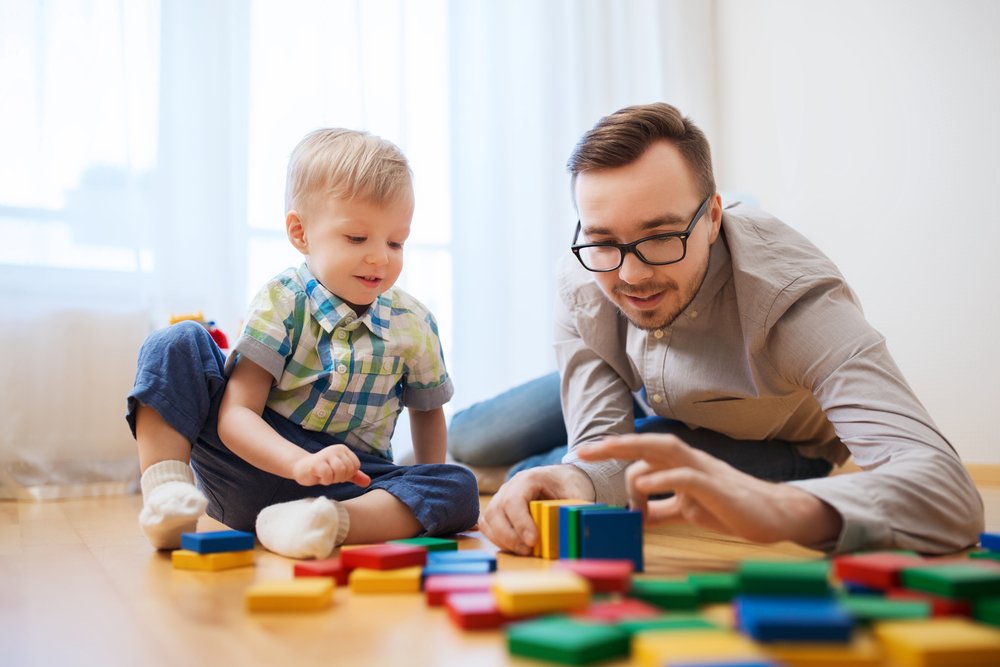
Language milestones: learning to use verbs
Key points: Children typically begin using verbs or action words in their second year of life, which is an important…
[cat_cust_menu]

Key points: Children typically begin using verbs or action words in their second year of life, which is an important…

Key points: A child’s vocabulary is directly related to later academic success. By age two, children’s vocabulary expands significantly, reaching…

Key points: Children may have difficulty pronouncing certain sounds as they develop their language skills. Most children learn to pronounce…
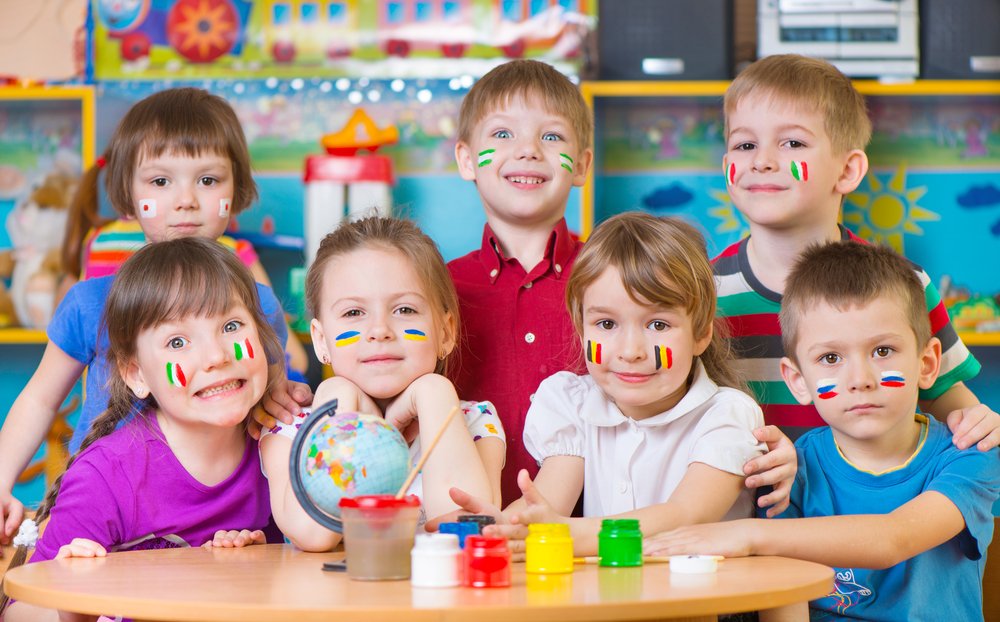
Key points: Children can learn to speak more than one language at the same time, and being bilingual has many…

Key points: Language skills start developing from birth through everyday interactions with caregivers. Talking with children during daily routines and…

Key points:1. Children’s first sentences are a significant milestone in language development.2. Between 18 and 24 months, they begin forming…
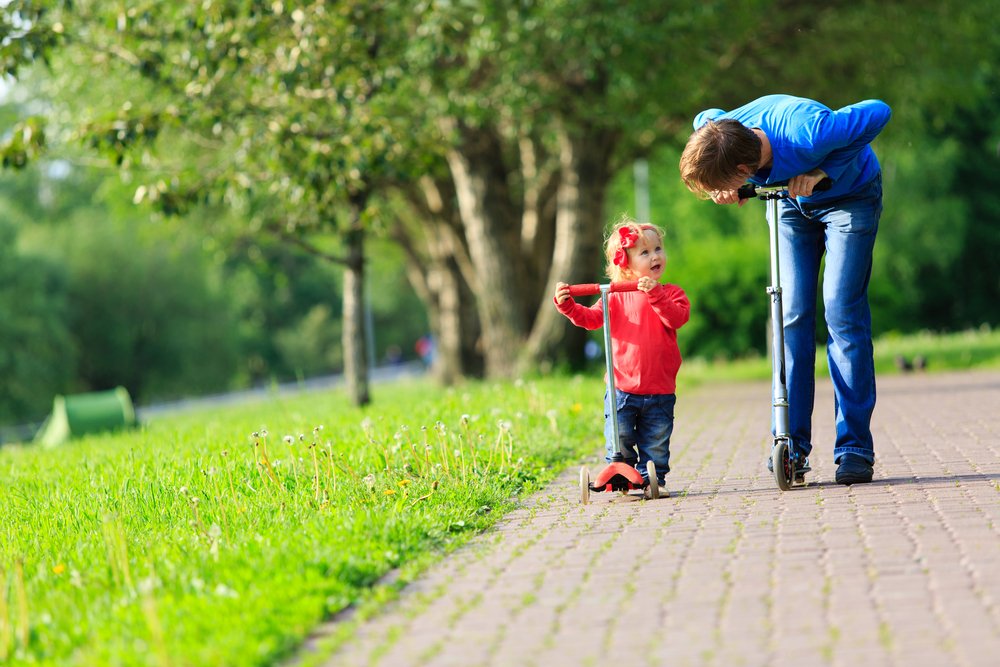
Key points:1. Communication is vital for sharing ideas and feelings.2. Children develop communication skills rapidly in early years.3. Listening, asking…
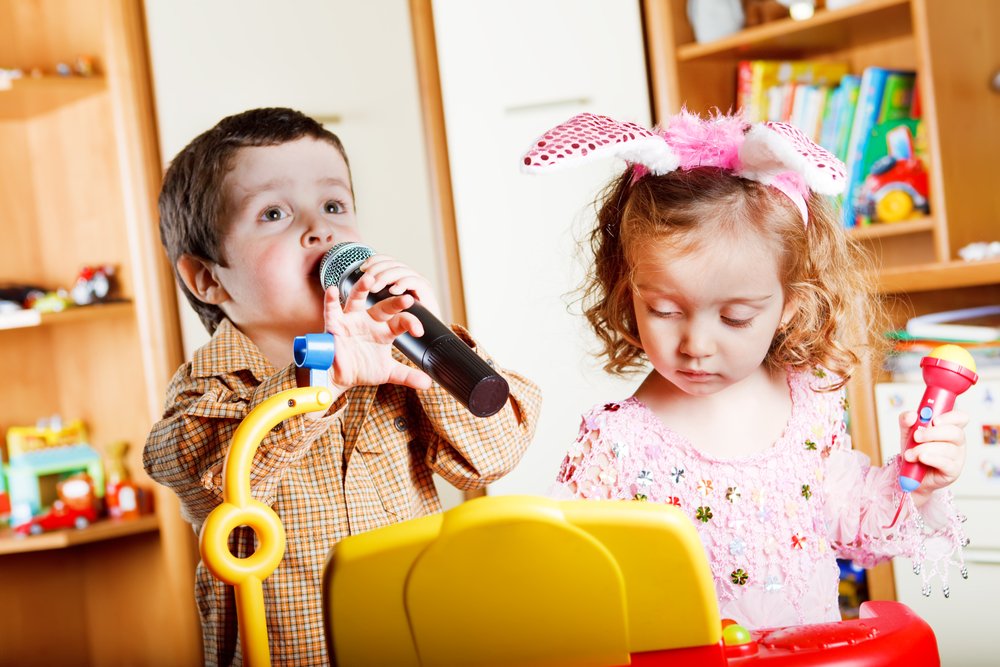
Key points:1. Nursery rhymes prepare children for learning to read by teaching phonemes and spelling.2. Phonological awareness is the first…

Key points:1. Preschool years exhibit significant variation in language development.2. Talkativeness doesn’t equate to intelligence or vocabulary richness.3. Language differences…

Key points:1. A two-year-old’s receptive language is developing rapidly, understanding around 200-300 words.2. Receptive language is the ability to understand…
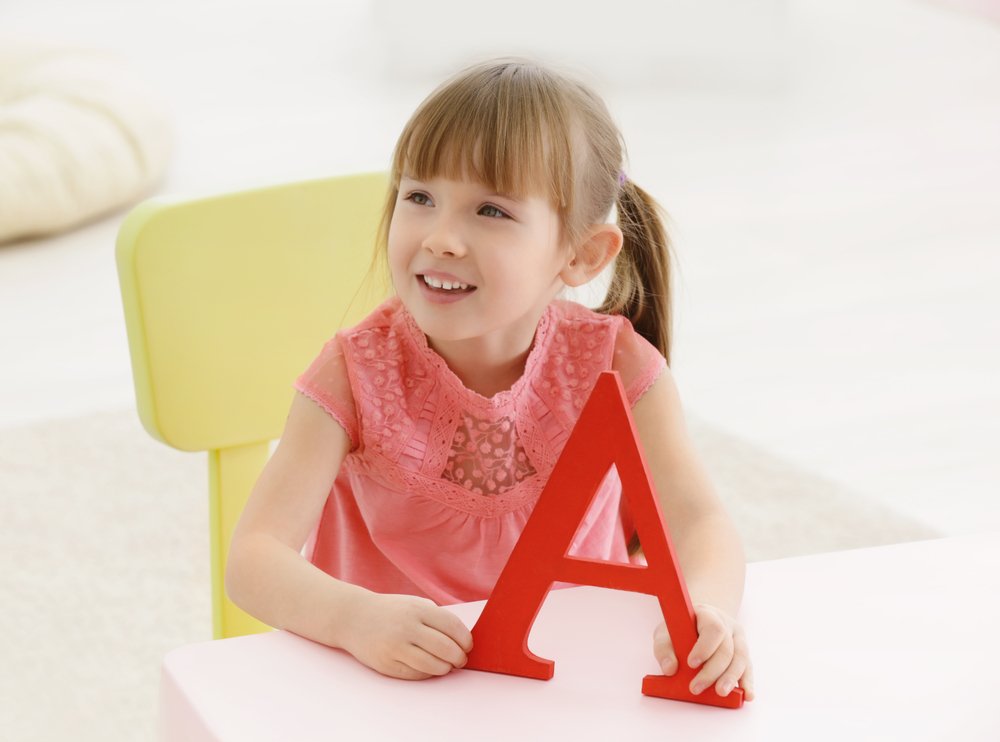
Key points:1. Phonological awareness is crucial for literacy development in preschoolers.2. Teach your child the sounds of letters, not just…

Key points:1. Children’s language development is linked to their ability to recognize patterns.2. A study with 6 to 8-year-olds found…
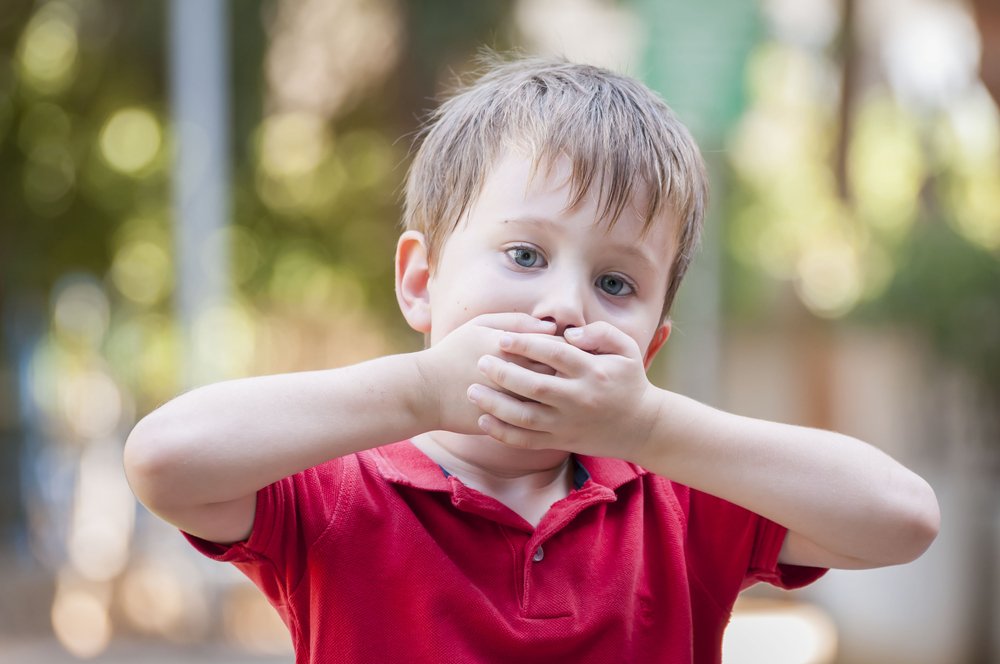
Key points:1. Stuttering in children around age two or three is common and often temporary.2. Actual stuttering is when it…
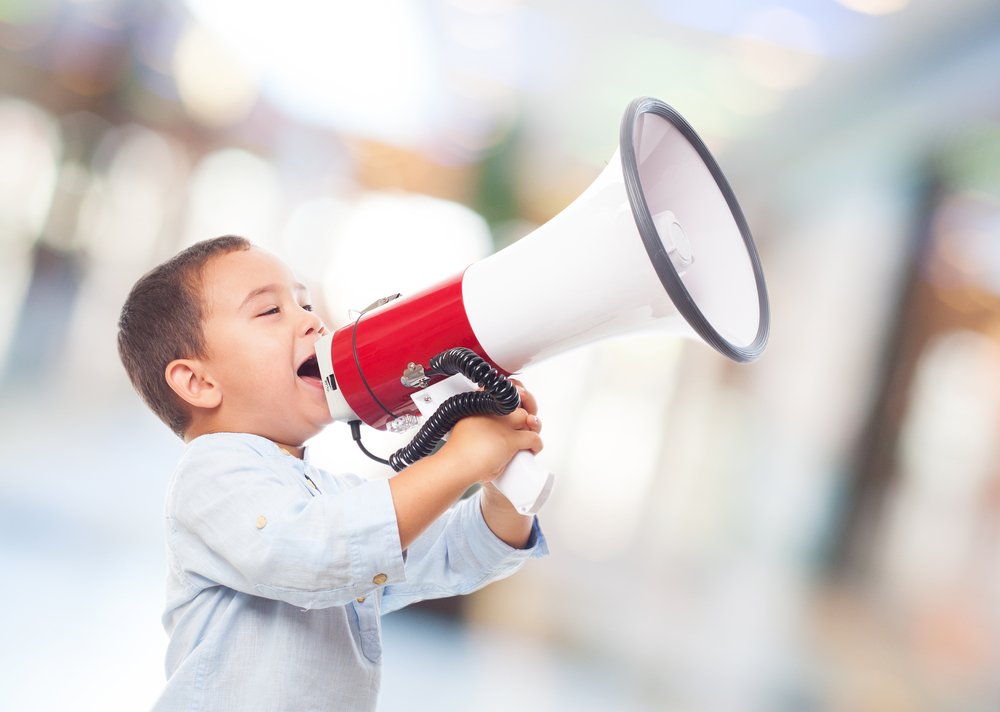
Key points:1. Around age two, children understand and start using more words, forming sentences.2. Avoid comparing your child’s language skills…
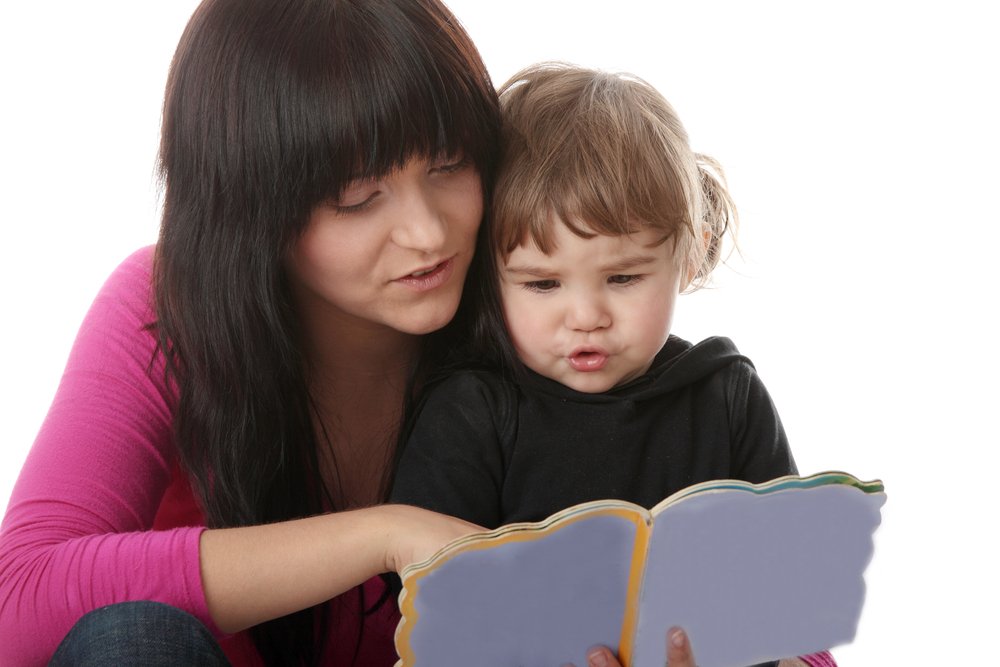
Including reading time in your daily routine not only boosts the language development, but provides you with special one-on-one quality…

Key points: Reading with your preschooler enhances their language skills and strengthens your emotional connection. Choose books with attractive illustrations,…
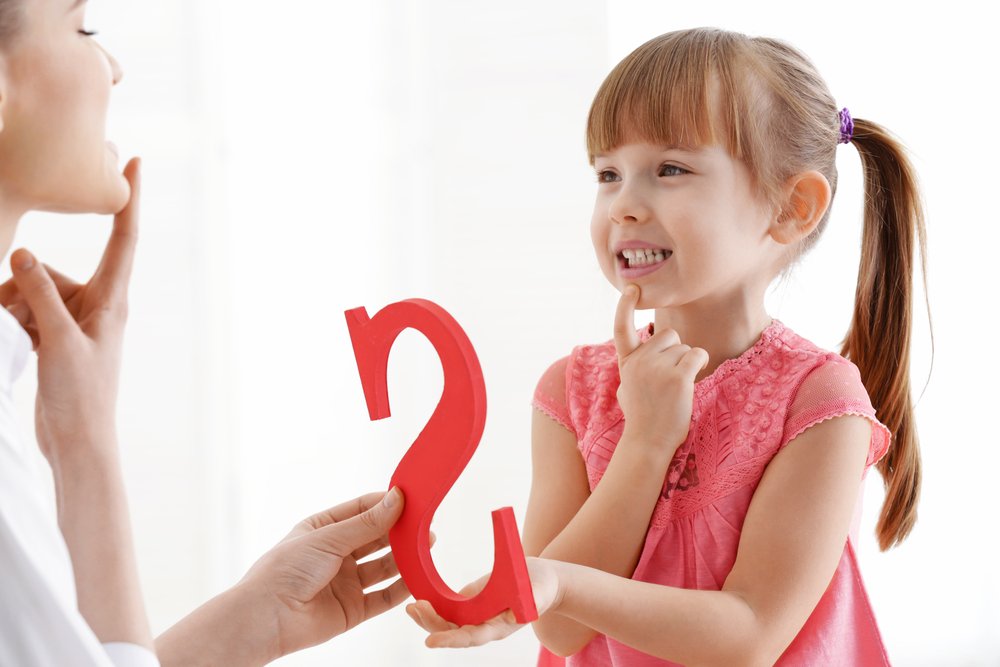
Key points: Language acquisition is a complex process involving cognitive and physical development. Phonemes are units of speech sounds in…

Key points: Children around 36 months start using more advanced vocabulary. They name smaller body parts like eyebrows, nails, and…

Key points: Proprioception is the sense of knowing where your body is in space. Special receptors in muscles help us…

Key points: Tantrums are common between ages 2 and 4. Tantrums are a way for preschoolers to express intense feelings…

Key points: Jumping is a fundamental gross motor skill, involving take-off, flight, and landing. It supports various developmental processes, including…
Subscribe to our newsletter and join Kinedu’s community